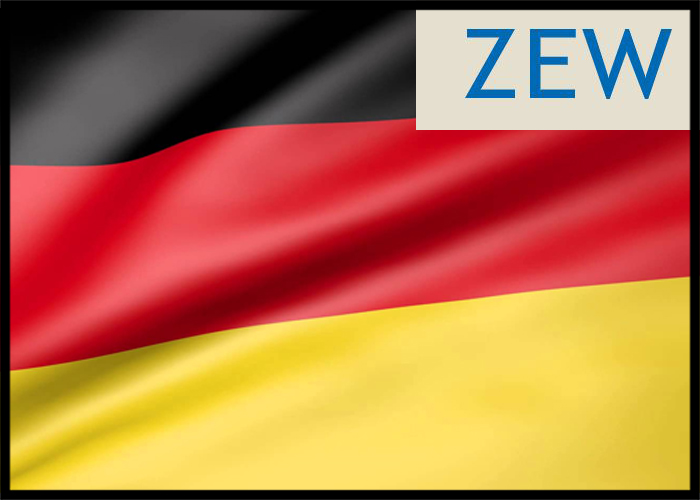Germany’s economic confidence rose for the fifth month in a row and at a faster than expected pace in February, results of the ZEW survey showed Tuesday, adding strength to the view that the biggest euro area economy may indeed avoid a recession.
The ZEW Indicator of Economic Sentiment climbed to 28.1 points from 16.9 in January, the Mannheim-based think tank said. Economists had expected a score of 22.0. The reading improved sharply for a second straight month.
Latest improvement was driven by a fourth successive increase in the assessment of the German economic situation. The corresponding index gained 13.5 points to reach minus 45.1. Economists had forecast a score of -50.5.
Despite the sustained improvement, the reading remained deep in the negative territory.
“As in the previous month, the increase in expectations can be traced back to higher profit expectations in the energy- and export-oriented sectors as well as the consumer-related parts of the economy,” ZEW President Achim Wambach said.
“Expectations for long-term interest rates are also rising and the banking sector indicator has reached its highest level since 2004.”
Early this month, the European Central Bank raised its key interest rates by 50 basis points and signaled that policymakers plan to repeat the move in March, when they will evaluate the future path of policy rates.
For Eurozone, the economic sentiment index climbed strongly by 13.0 points to touch 29.7. The current conditions index gained 13.2 points to minus 41.6.
The measure reflecting the inflation expectations in the eurozone was almost unchanged at minus 83.4 points.
Preliminary results from the S&P Global purchasing managers’ survey showed on Tuesday that Germany’s private sector grew for the first time in eight months in February, thanks to easing supply bottlenecks and reduced strain on demand.
The flash composite output index rose to 51.1 from 49.9 in January. The reading topped economists’ forecast of 50.4.
There were slight increases in activity across the manufacturing and service sectors. The flash services purchasing managers’ index, or PMI, hit an eight-month high of 51.3. Economists had forecast the reading to rise moderately to 51.0 from 50.7.
The manufacturing PMI fell to a three-month low of 46.5 from 47.3 in January. The reading was forecast to improve to 48.0.
Source: Read Full Article
